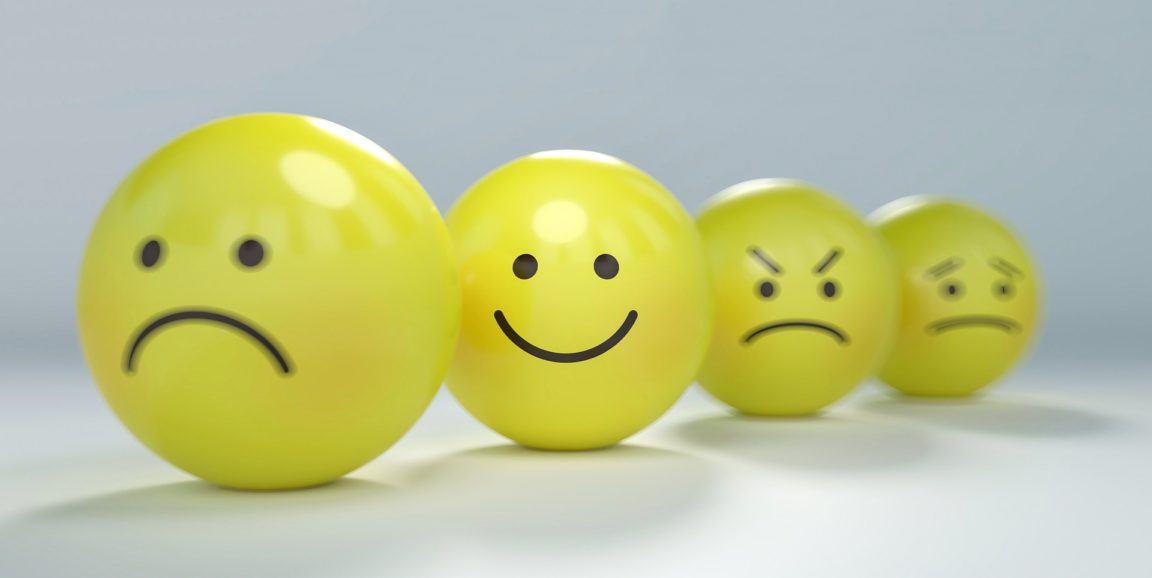How easily do you find yourself influenced by the emotions of others? For me in emotionally-charged situations, it often just takes one Debbie Downer in the room to throw my mood on its head. A new Stanford research study, however, shows that we have more control over how our emotions are influenced than previously realized.
A Stanford News article discusses this research, which appears in the Journal of Experimental Psychology: General. The Stanford team set out to learn how people react to upsetting situations and respond to others around them. To do so, the researchers examined people's anger toward politically charged events in a series of lab studies, which showed participants images that could trigger upsetting emotions, and informing participants of how other people felt about these images.
The researchers found that participants who set their intentions on feeling less angry were three times more likely to be influenced by people expressing calm emotions than by angry people. On the flip side, participants who wanted to feel angry were three times more likely to be influenced by other people angrier than them, as opposed to people with calmer emotions. The latter group of participants also got more emotional when they learned that others felt similar emotions to them.
"The degree to which people said they were motivated to feel or not feel certain emotions predicted how much they would be influenced when they were exposed to emotions from other group members," said Amit Goldenberg, the study's lead author and a doctoral candidate in psychology.
The study also analyzed almost 19 million tweets in response to the police shooting of Michael Brown in Ferguson, Missouri, in 2014 to see how emotions played out in real time. According to the article, the researchers found that Twitter users were more influenced by stronger emotions expressed by people in their social network compared to weaker and calmer reactions.
The study aims to challenge the research assumption that people's emotions are influenced automatically in a seemingly unconscious, immediate response to other peoples' emotions, said Goldenberg:
It seems that the best way to regulate your emotions is to start with the selection of your environment. If you don't want to be angry today, one way to do that is to avoid angry people. Do some people have an ingrained preference for stronger emotions than others? That's one of my next questions.
Photo by Gino Crescoli




